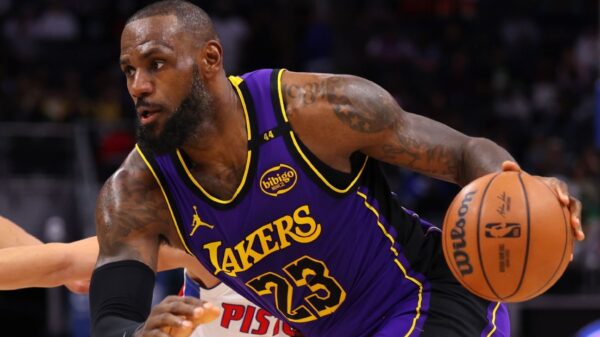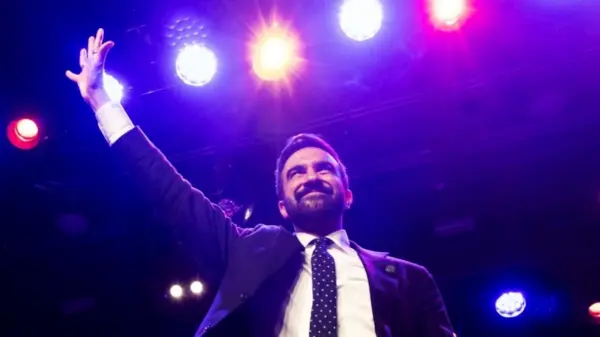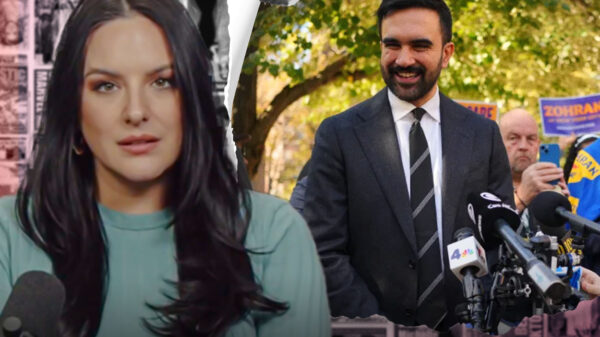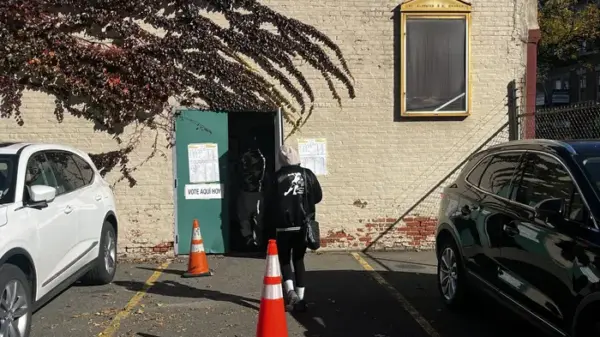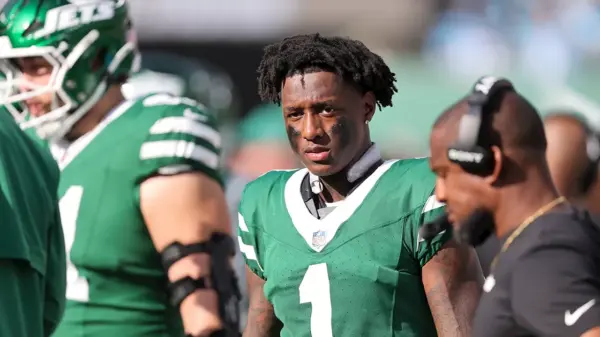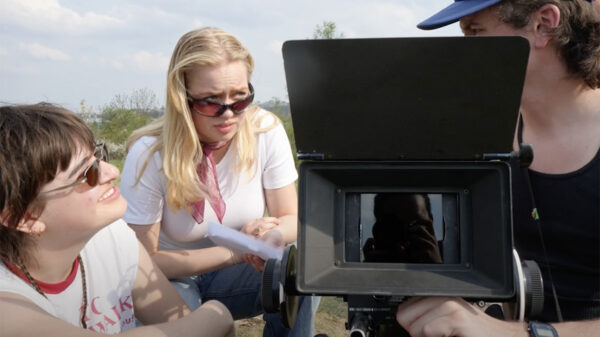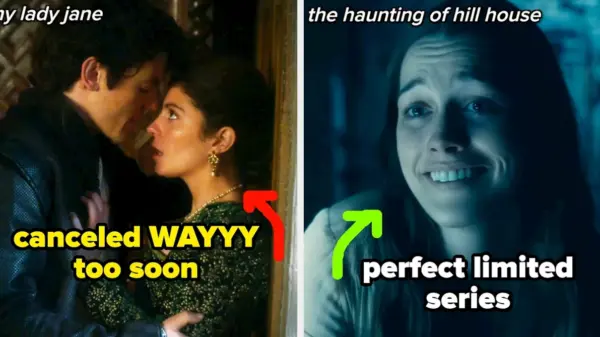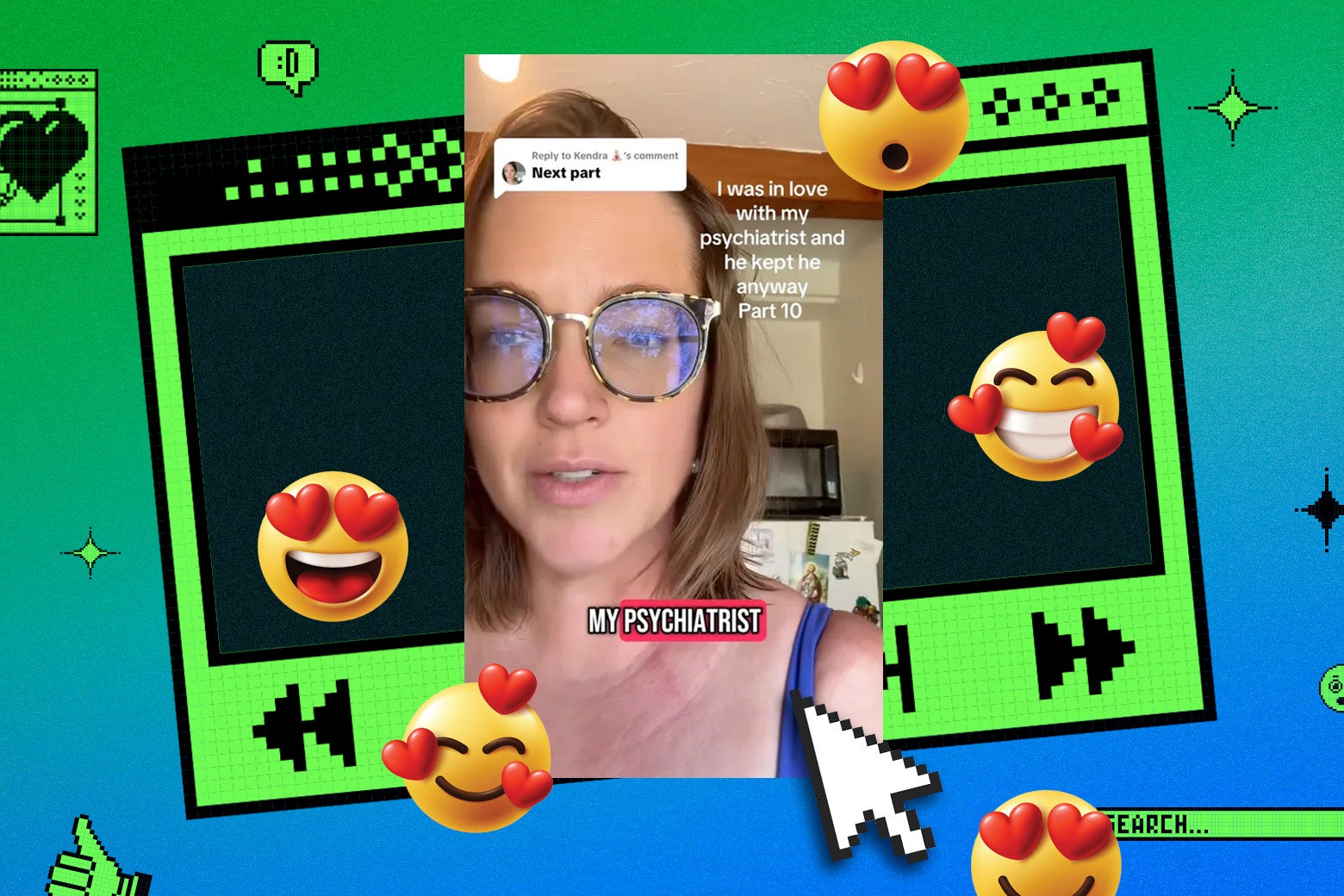A TikTok series featuring a woman named Kendra has drawn significant attention by chronicling her romantic feelings for her psychiatrist. What began as a seemingly straightforward narrative quickly morphed into a complex exploration of mental health, raising questions about the role of social media in personal storytelling.
In a recent episode of the podcast ICYMI, hosted by Kate Lindsay, co-host Daisy Rosario delves into Kendra’s 25-part TikTok series. Initially perceived as an engaging love story, the series took a darker turn as viewers began diagnosing Kendra’s mental health issues, transforming her personal experiences into entertainment.
Kendra’s journey began with a lighthearted approach to her feelings for her psychiatrist, a relationship that resonated with many viewers. However, the narrative soon revealed troubling dynamics, prompting discussions about the ethics of sharing such personal stories online. The series has drawn parallels to the popular Reesa Teesa “Who The Fuck Did I Marry?” series, though Kendra’s situation became increasingly intricate and concerning.
As the series gained traction, TikTok users began to comment on Kendra’s mental state, often diagnosing her from behind their screens. This phenomenon raises critical questions about the impact of social media on mental health, particularly when personal experiences are turned into public spectacles.
The podcast episode examines not only Kendra’s situation but also the broader implications of social media’s role in mental health discourse. With the audience consuming Kendra’s content as entertainment, the line between support and sensationalism grows increasingly blurred.
In an era where platforms like TikTok can amplify personal stories to millions, the need for responsible consumption of such content becomes paramount. The discussion surrounding Kendra’s series serves as a reminder of the complexities involved in sharing intimate details of one’s life online, particularly when mental health is at stake.
As Kendra continues to navigate this unexpected journey, her story invites listeners and viewers alike to reflect on the intersection of love, mental health, and the digital age. The ICYMI podcast, produced by Daisy Rosario, Vic Whitley-Berry, and Kate Lindsay, offers a deeper analysis of this captivating yet troubling narrative, encouraging a thoughtful dialogue about the implications of sharing personal stories on social media.
In conclusion, Kendra’s series exemplifies the dual-edged nature of social media, where personal narratives can foster connection yet also expose vulnerabilities. As audiences engage with her story, it is crucial to consider the human impact behind the screen, turning a lens on our collective responsibility in the digital landscape.


